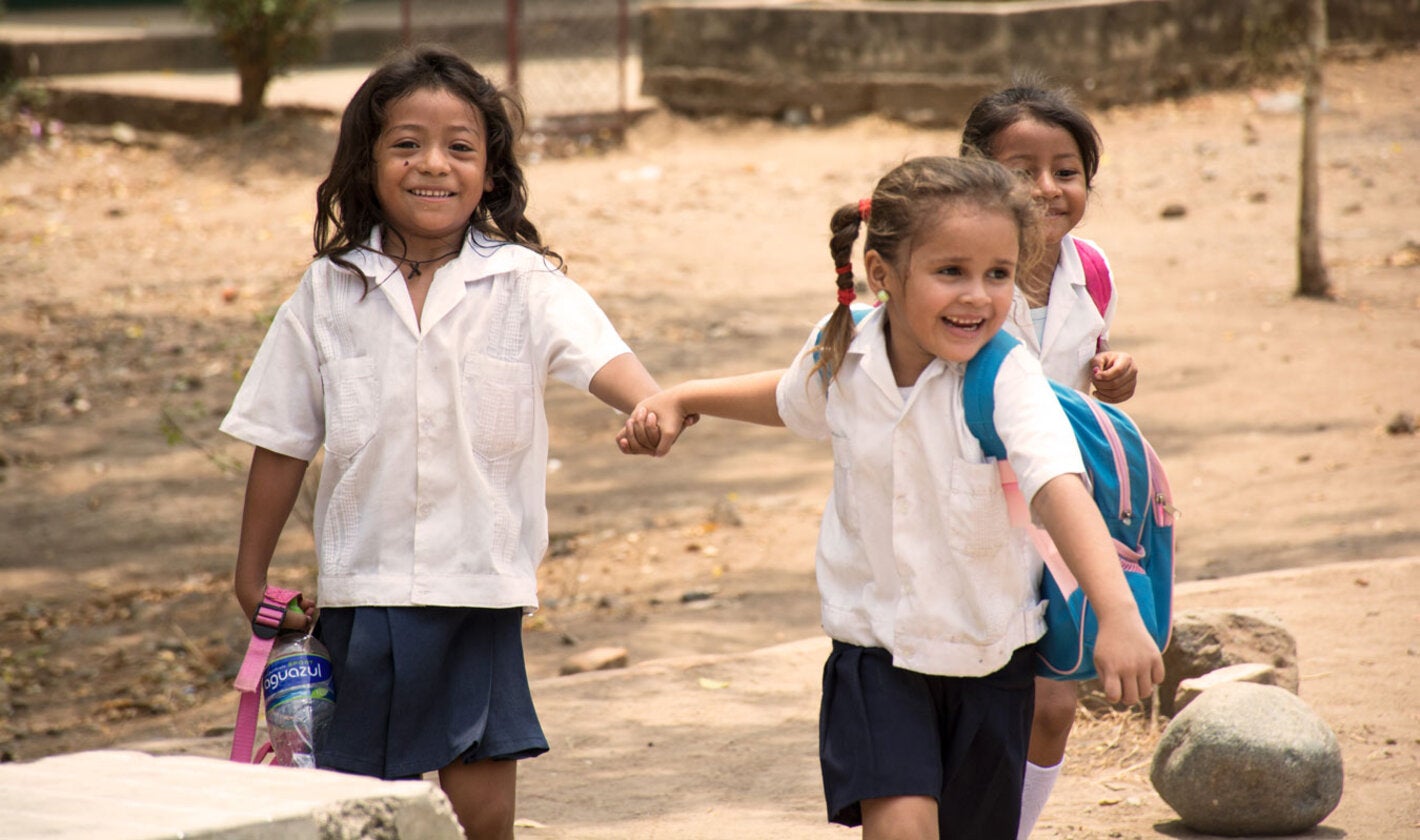
Washington, DC, 26 September 2023 (PAHO)- The Pan American Health Organization's (PAHO) Elimination Initiative, which seeks to put an end to more than 30 communicable diseases and related conditions in Latin America and the Caribbean, received new impetus today at a session held on the sidelines of the 60th Directing Council of the regional public health institution.
"As we move forward in the pandemic recovery, it is time to give the Elimination Initiative a renewed, stronger and more mature push to reach a goal on communicable diseases that started right at the establishment of the Organization, 120 years ago," Dr. Jarbas Barbosa, Director of PAHO, said.
Following a worldwide effort, smallpox was eradicated in1980, and 14 years later, polio was eliminated from the Americas. Since then, rubella, congenital rubella syndrome, measles and neonatal tetanus have also been eliminated, and progress has been made towards the elimination of other diseases. By 2023, 19 countries in the region were free of malaria, eight had eliminated mother-to-child transmission of HIV and syphilis, and onchocerciasis is limited to one area of the Amazon basin.
Cervical cancer, Chagas disease, cholera, hepatitis B and C, HIV/AIDS, human rabies transmitted by dogs, leprosy, malaria, onchocerciasis, trachoma, and tuberculosis are some of the diseases to be ended by 2030 as part of the Elimination Initiative and the commitment made by countries of the region in 2019 at PAHO.
For Dr. Barbosa, the lessons learned from the COVID-19 pandemic, as well as from previous elimination experiences, present countries with an opportunity to leverage the initiative and accelerate its pace. Other opportunities include the arsenal of vaccines, diagnostics, medicines and other technologies available through PAHO, as well as the push for digital health and a deeper understanding of health inequalities and increased community engagement.
The Elimination Initiative aims to interrupt endemic disease transmission, end morbidity and mortality, and prevent disability.
To achieve this, it proposes strategies including the integration of programs and the strengthening of first level of care, as well as reinforced surveillance and health information systems. It also calls for addressing the environmental and social determinants of health, with a focus on inequities and vulnerable populations, and for the strengthened leadership of Ministries of Health.
During the session, the Minister of Health, Wellness and the Environment for Antigua and Barbuda, Sir Molwyn Joseph, presented his country's efforts to move towards the elimination of cervical cancer. The Director of Brazil's National Tuberculosis Program, Fernanda Dockhorn, shared her country’s renewed efforts to end infectious diseases, with a focus on social determinants; and the Minister of Health of Uruguay, Karina Rando, shared the experience of digital registries and geolocation tools to reach the unvaccinated.
Philippe Duneton, Executive Director of UNITAID, presented health innovations that can contribute to the elimination of diseases such as HIV, TB and malaria. Magdalena Robert, Deputy Director of Program Advocacy and Communications, Polio and Vaccine Delivery, Bill & Melinda Gates Foundation, highlighted her organization's support to the region to ensure that girls in low-income countries also have access to the vaccine to prevent cervical cancer.
During the closing of the session, the PAHO Director presented Belize's Minister of Health and Welfare, Kevin Bernard, with the World Health Organization (WHO) certificate recognizing the Central American country as malaria-free, the last in the region to achieve this goal. Belize reported its last autochthonous case of malaria in 2018 and, in May 2023, was certified malaria-free.
"This is the culmination of a long, hard-fought battle spanning seven decades," Minister Bernard maintained. "None of this would have been possible without the unwavering support of grassroots organizations and the dedication of our health workers, the cornerstone of our success," he added.



